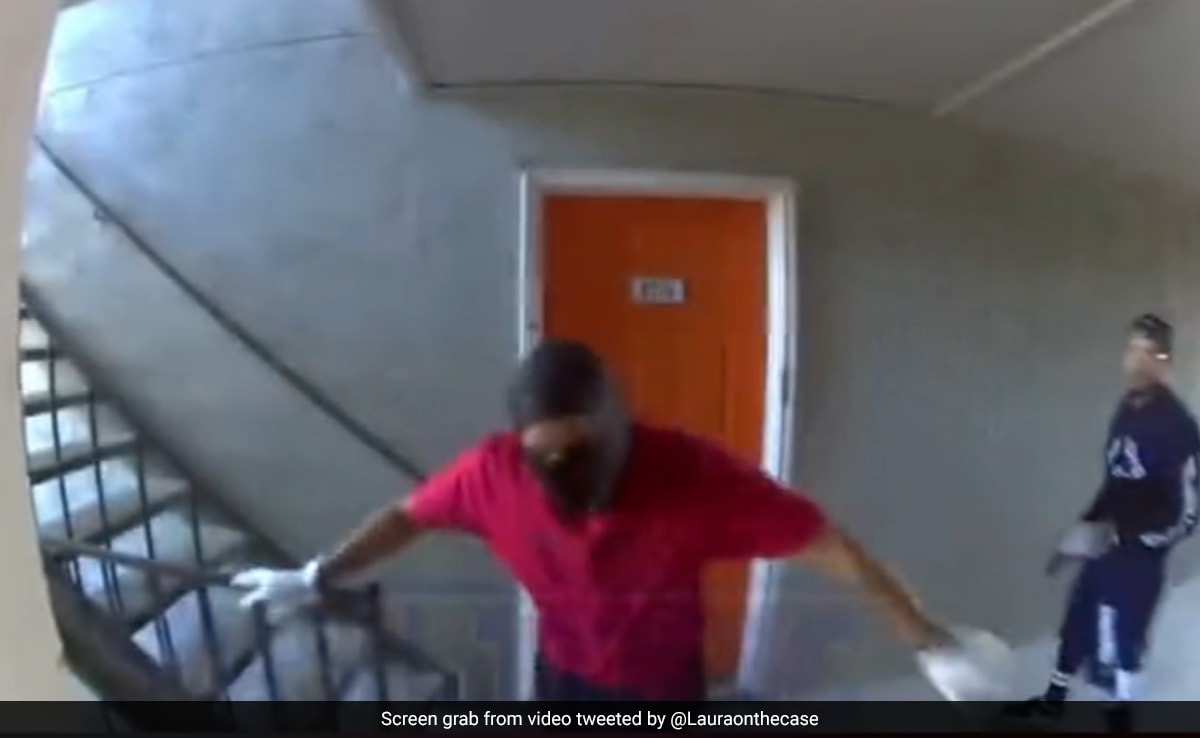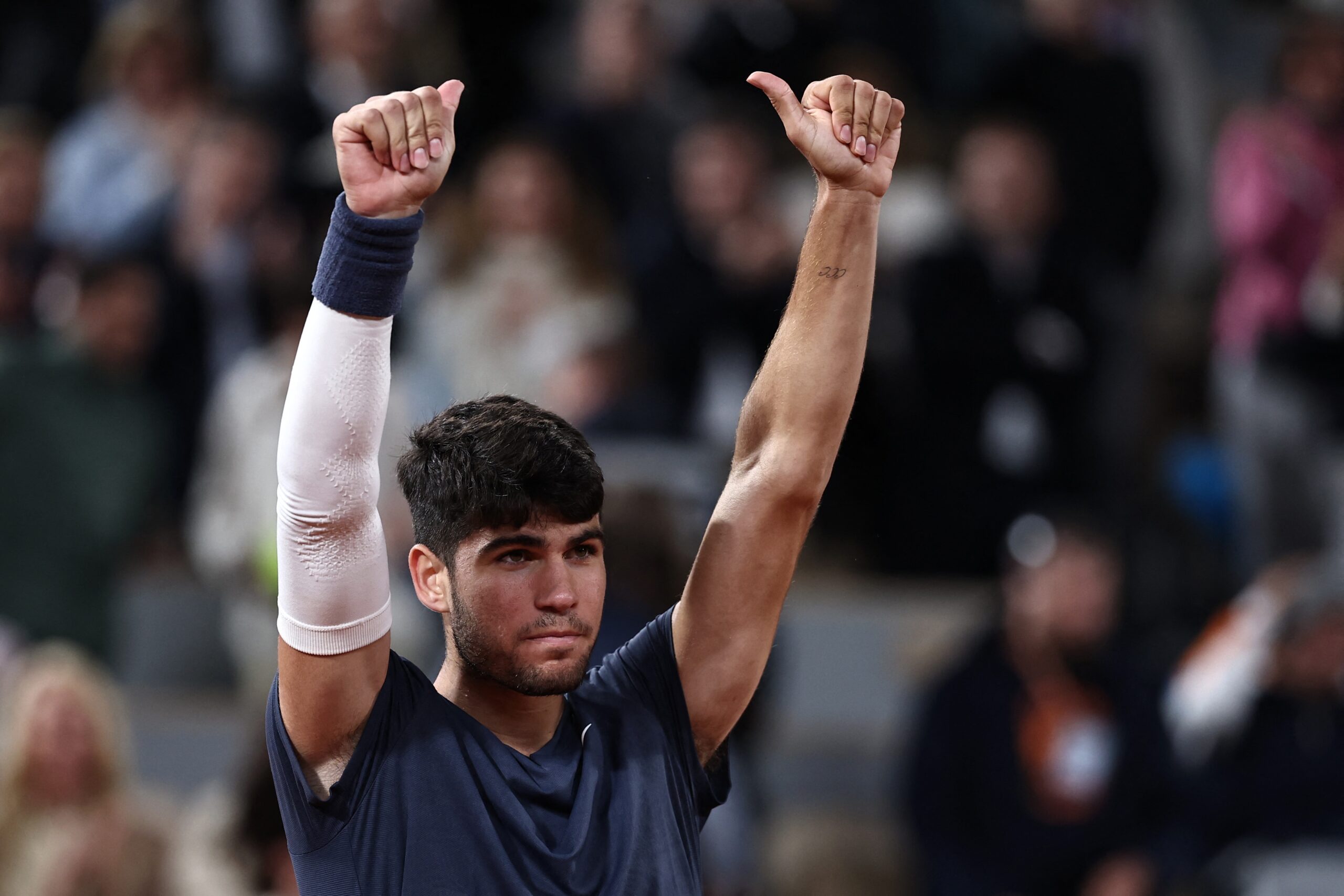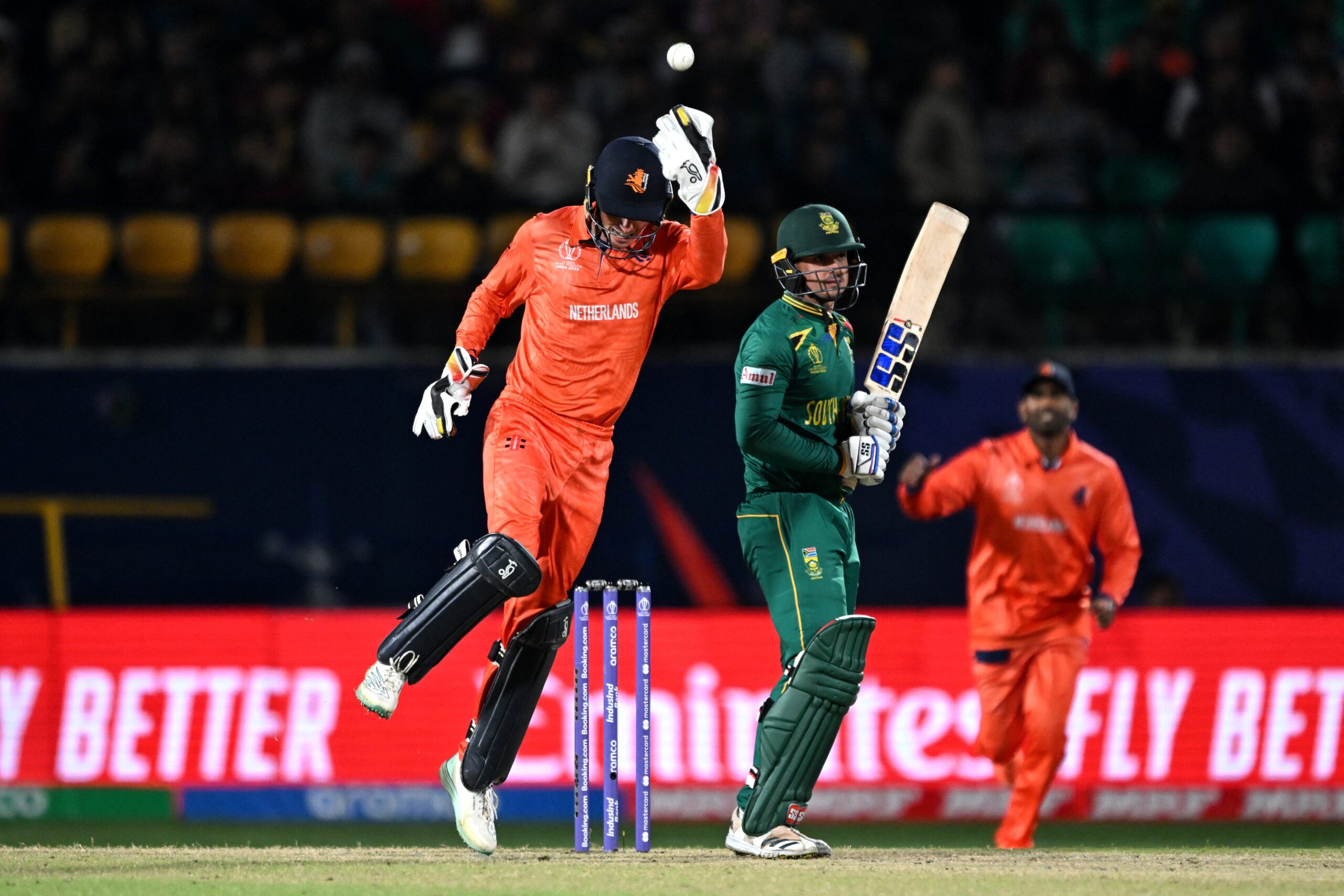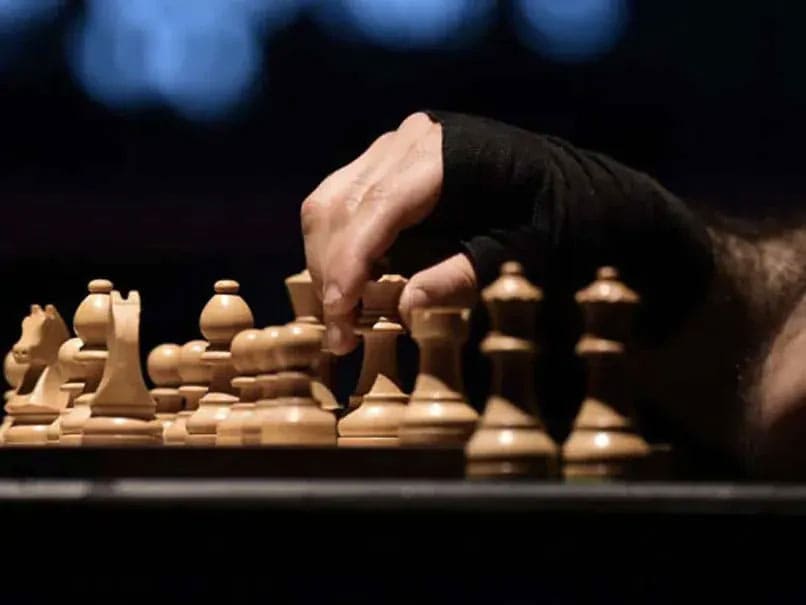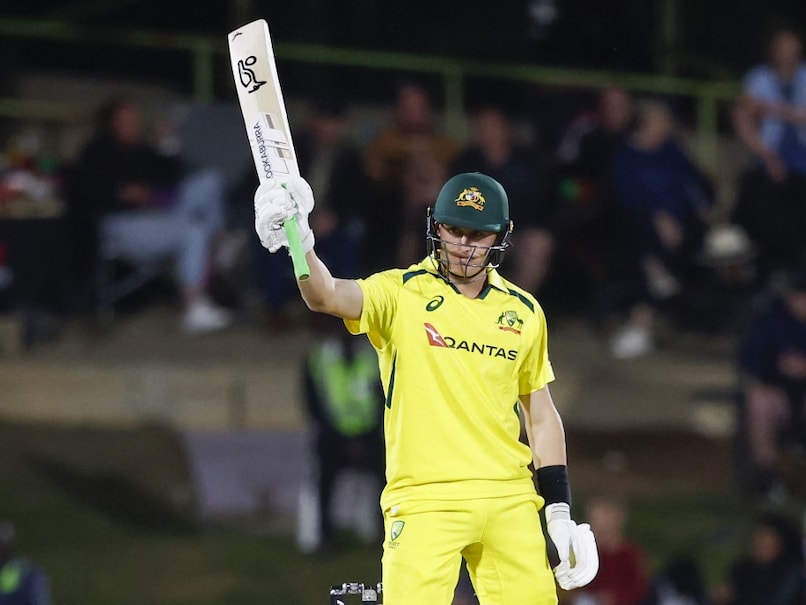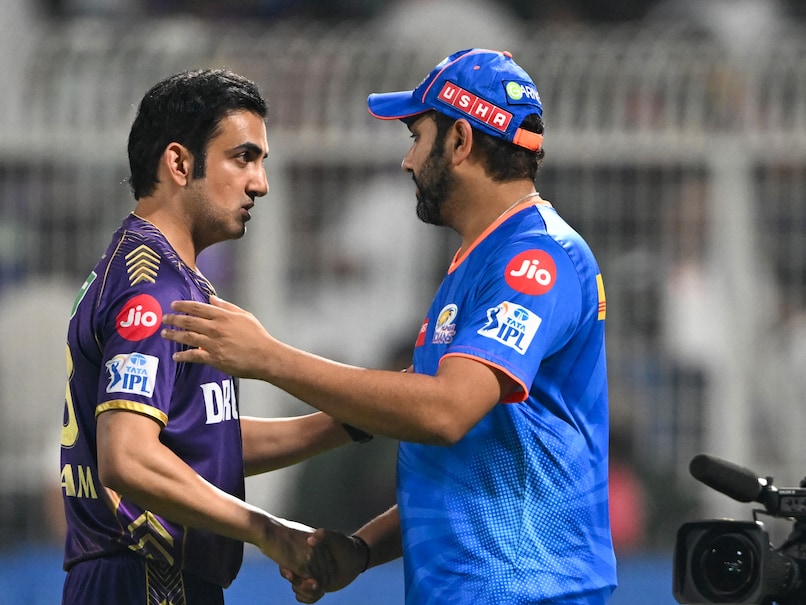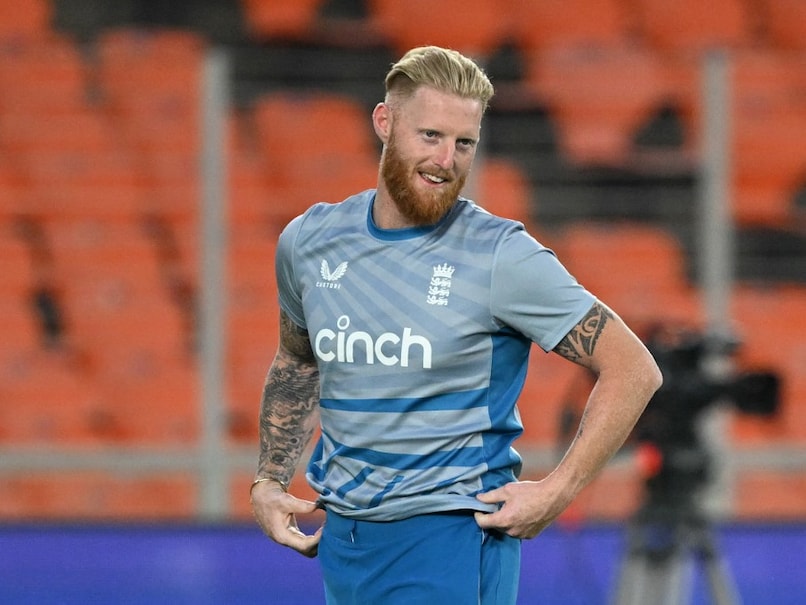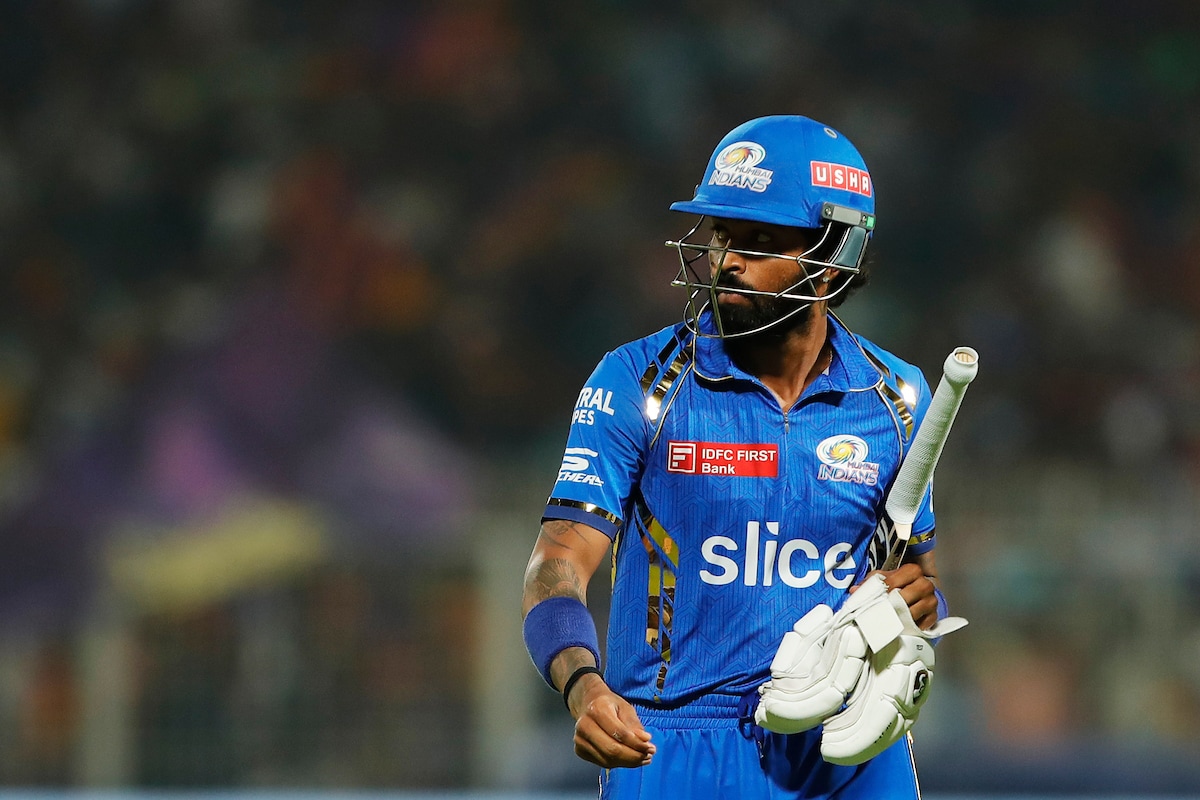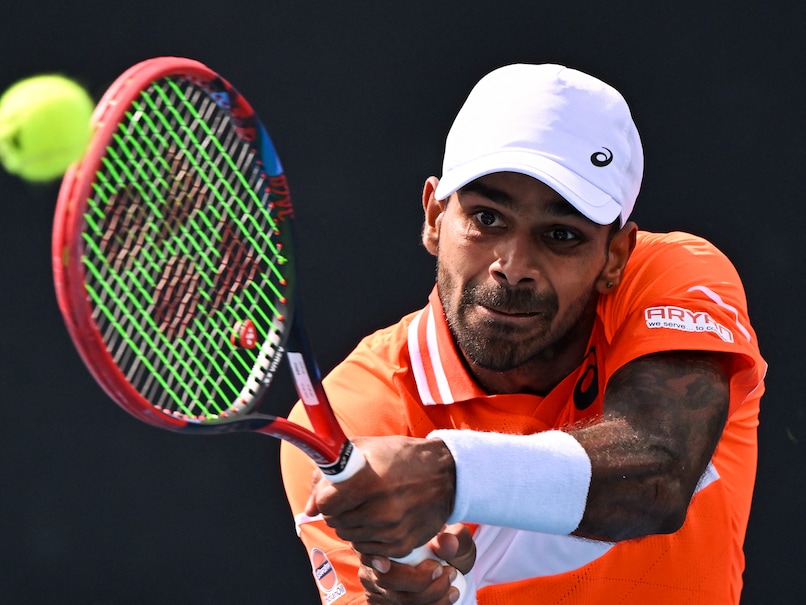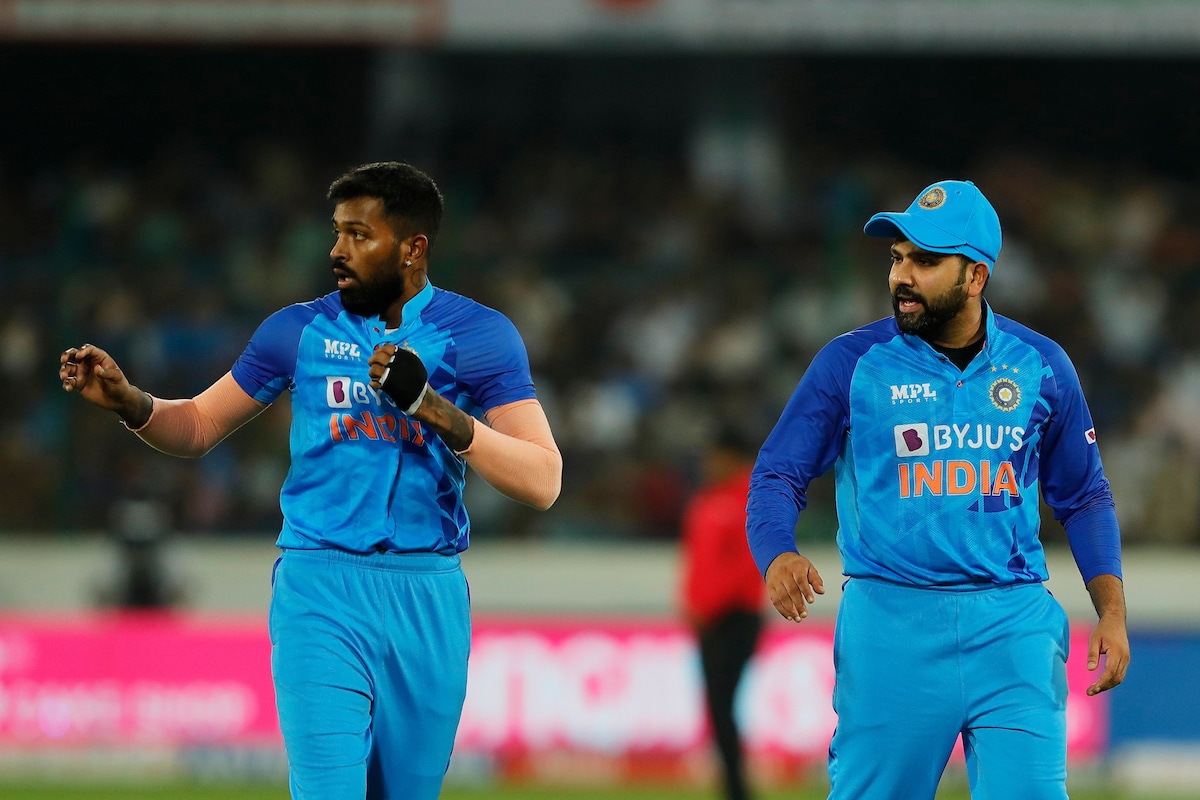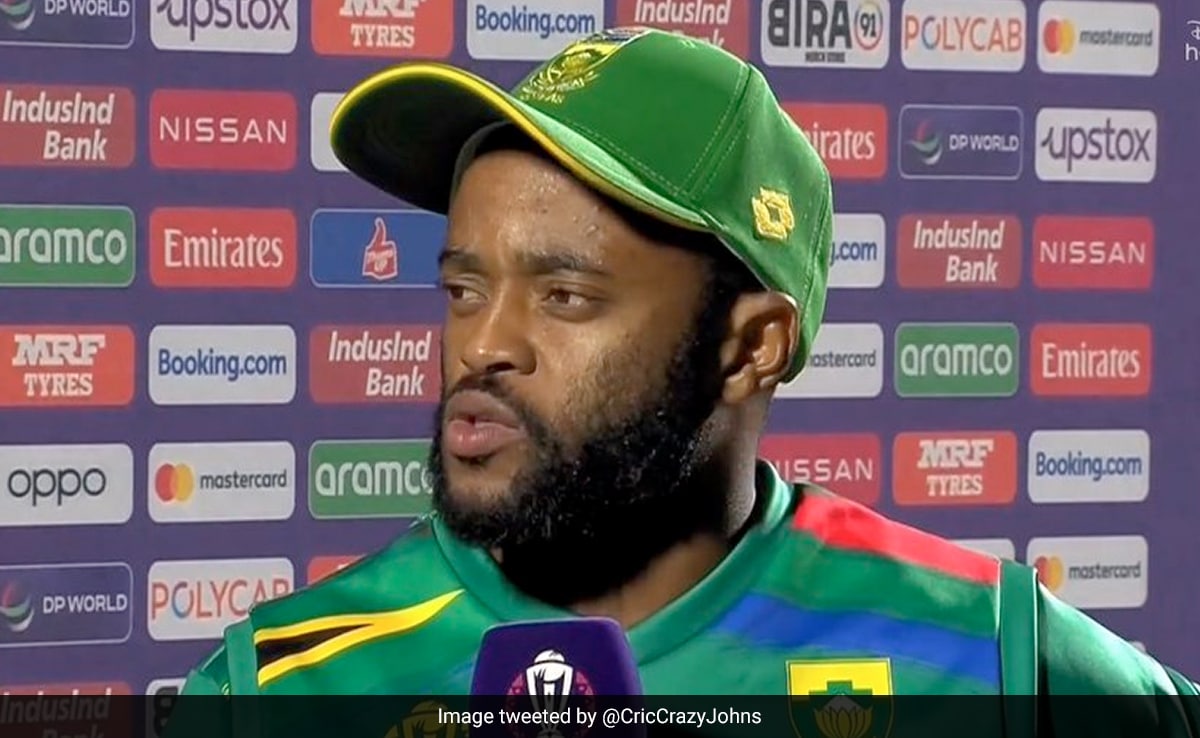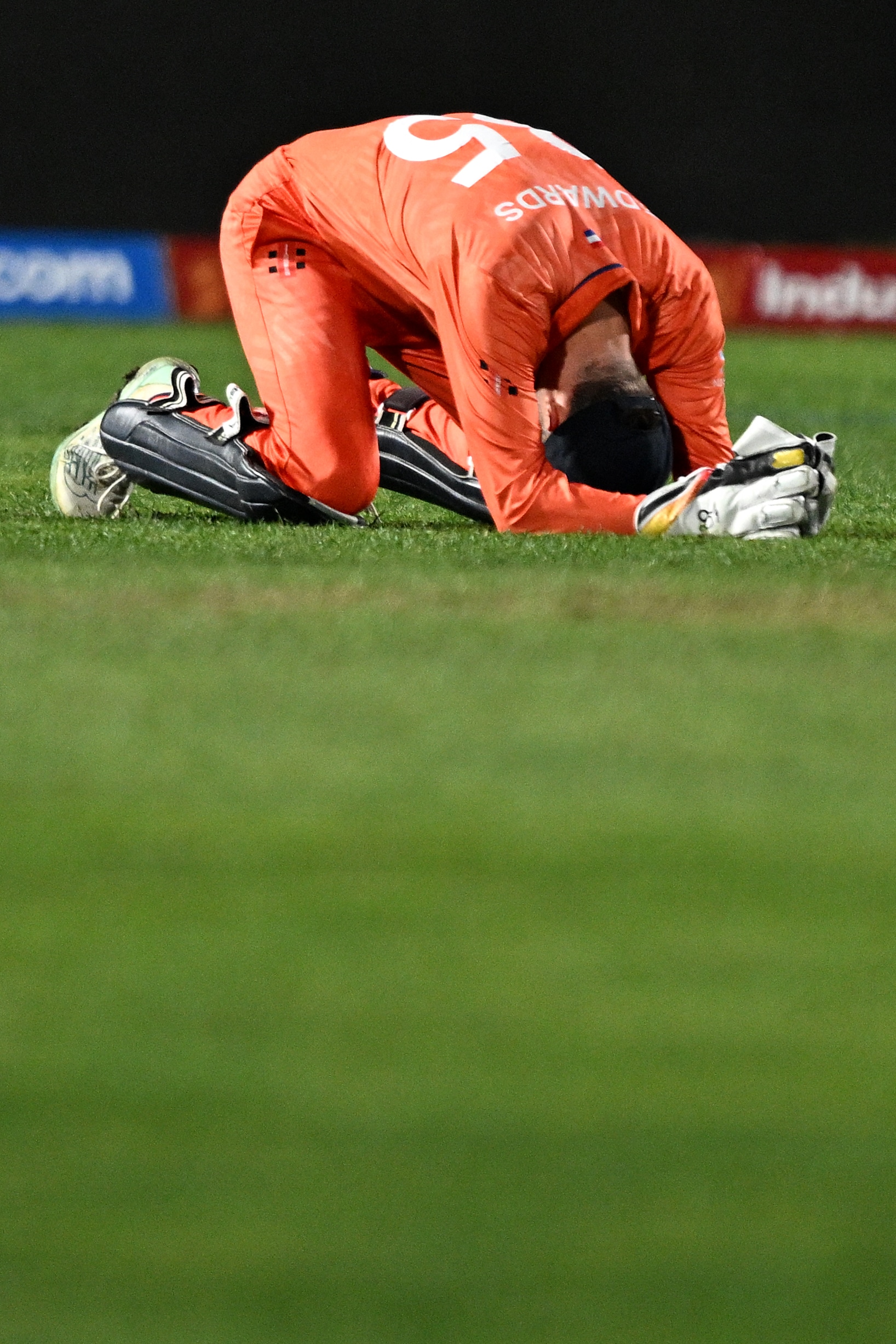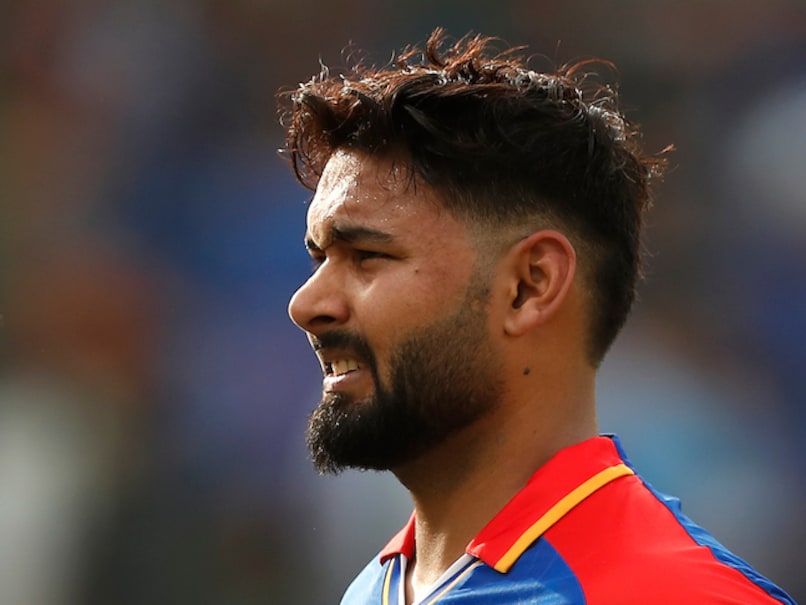Perhaps for the first time in its history, All India Chess Federation (AICF) has been served with a legal notice demanding Rs.1 crore as compensation by Karun Duggal, a player whose playing career was cut short by the chess body’s decision of banning him during his career peak. “A legal notice has been sent to AICF demanding Rs.1 crore as compensation for the financial and professional damages incurred due to AICF’s action that cut short my and several other upcoming player’s chess career,” Duggal told IANS.
As per the legal notice sent to AICF states, “The total amount being claimed Rs 1 Crore, which includes Loss of opportunity, Loss of Sponsorships and Endorsements, harassment at foreign soil due to your unlawful practices, loss of professional growth, loss of opportunity to get promotion and increment in job, Legal and Professional Costs, Other Incidental Costs for severe mental distress along with the expenses incurred in taking all possible legal steps against you the notice.”
Four players – Duggal, Gurpreet Pal Singh, Hemant Sharma and Devendra Bajpai – had filed a complaint to the Competition Commission of India (CCI) against AICF alleging contravention of provisions of Sections 3 and 4 of the Act. The players had complained to CCI that their Elo rating points were removed by AICF without giving any prior notice due to their participation in the chess tournament sponsored by the Chess Association of India (CAI) in 2010, which was not authorised by AICF.
Duggal, a school teacher and two-time Delhi State Rapid Chess champion, had an Elo rating of 1,979 points when it was revoked. For a chess player gaining Elo points is a tough task as he/she has to play in several rated chess tournaments and win games to gain points. There is also the risk of losing points already gained if he/she loses a game in such tournaments.
On July 12, 2018, the CCI passed an order under Section 27 of the Competition Act imposing a penalty of about Rs.6.92 lakh on AICF for contravention of provisions of Section 3 and 4 of the Competition Act and indulging in anti-competitive conduct. The case concerned several stipulations of AICF on chess players, organisation of chess tournaments, discretionary nomination of players and others.
In its order the CCI observed that AICF’s restriction on chess players to participate in unauthorised events and attendant punitive consequences restricted the movement of chess players and placed them and potential organisers of chess tournaments in a disproportional disadvantage.
Hence, such stipulation was held as an unreasonable restriction on chess players and denial of market access to organisers of chess events/ tournaments, in contravention of the provisions of Section 4(1) read with 4(2)(b)(1) and Section 4(2)(c) of the Act.
The restrictions on chess players were further held to be in the nature of exclusive distribution and refusal to deal, in contravention of Section 3(4)(c) and Section 3(4)(d) of the Act, the CCI said.
As per the CCI order, the complainants alleged that AICF also removed ratings of 151 chess players on that ground. “The AICF had banned about 2,500 chess players. Ratings of 151 players were revoked. Majority of the 2,500 players who were banned have quit chess,” Duggal had told IANS earlier.
According to the CCI order, there were other instances of AICF restricting players who had participated in events not recognised by it. Like a double bishop attack in a game of chess, it was Duggal and Singh who had been pursuing their case against AICF all these years.
According to Duggal, the dismissal of AICF’s petition by the National Company Law Appellate Tribunal (NCLAT) for restoration of appeal gives his case an added weight. With his legal notice, Duggal has opened his line of attack.
On the other hand, Singh is waiting for the green signal from his lawyer. Singh, who was the National Junior Champion in 1994, was 37 with an Elo rating of 2,306 points at the time his rating was revoked several years back.
While his family was behind him, it was in the office – an Indian Railway employee – Singh felt humiliation as some of the colleagues had looked at him as a player banned by AICF.
“Not being able to play even in the department tournaments was really hurting,” Singh had told IANS earlier.
Topics mentioned in this article

